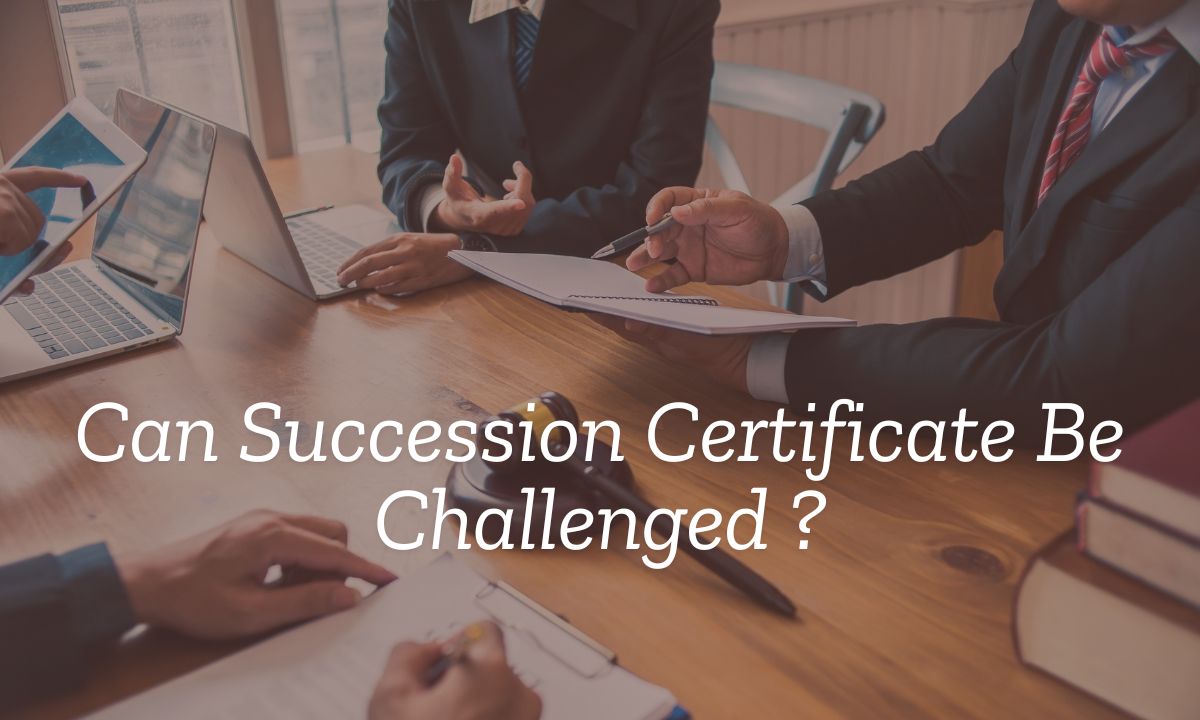-
Recognition Variability: The acceptance of succession certificates abroad varies depending on the legal frameworks of different countries.
-
Unrestricted Acceptance: Some jurisdictions recognize Indian succession certificates as valid without additional requirements.
-
Strict Conditions: Other countries impose requirements like apostille certification or notarization to authenticate these documents for international use.
-
Challenges for NRIs: Non-Resident Indians (NRIs) face difficulties navigating both Indian laws and foreign legal frameworks for inheritance matters.
-
Local Regulations: Understanding local legal requirements is crucial for heirs to manage assets and avoid disputes when asserting their rights overseas.
-
Translation Needs: Some regions require succession certificates to be translated into the local language, adding complexity to the process.
-
Legal Counsel: Engaging with legal professionals familiar with both Indian and foreign legal systems is essential for compliance in international asset management.
-
Documentation and Recognition: The relationship between domestic documentation processes and foreign legal acceptance is crucial for families seeking clarity around succession.
-
Global Awareness: Awareness of how different jurisdictions recognize these certificates is essential in a world increasingly affected by cross-border inheritances.
Navigating Challenges in Succession Law
-
Legal Frameworks: Challenging a succession certificate in India requires navigating legal structures that protect heirs' rights while ensuring fair asset distribution.
-
Application Filing: The process starts with submitting an application in the appropriate civil court, clearly stating objections such as fraud, disputes over heirship, or procedural errors.
-
Court Notification: Once the application is filed, courts notify all interested parties and allow them a specific timeframe to respond to the challenge.
-
Transparency and Trust: This notification process ensures transparency, fostering trust among claimants and providing each party with a fair opportunity to present their case.
-
Evidence Evaluation: Judges assess evidence presented by both challengers and certificate holders, including documentary proof and testimonies.
-
Balancing Legal and Emotional Factors: Courts consider both legal arguments and emotional narratives that often accompany inheritance disputes.
-
Judicial Deliberation: After reviewing all claims, courts make merit-based decisions, either upholding the certificate or revoking it if compelling evidence justifies such action.
-
Significance of Legal Knowledge: Understanding these legal mechanisms helps individuals protect their rights and navigate inheritance conflicts effectively.
-
Emotional and Legal Complexity: Managing succession certificate challenges requires balancing legal precision with the emotional complexities of inheritance and legacy management.
FAQ
What is a succession certificate, and what purpose does it serve in India?
A succession certificate is a legal document in India that confirms the heirs of a deceased person without a will, facilitating the transfer of ownership and rights to manage and distribute the deceased's assets.
What are the main grounds for contesting a succession certificate?
The main grounds for contesting a succession certificate include fraud, misrepresentation, disputes over legal heirs, procedural errors, and discovery of new evidence.
How does one initiate the process of challenging a succession certificate in court?
To challenge a succession certificate in court, file an application in the civil court that granted the certificate, with relevant evidence and grounds for the challenge.
What are the legal provisions for revoking an already issued succession certificate?
The legal provisions for revoking an issued succession certificate are outlined in Section 383 of the Indian Succession Act. Revocation is allowed if the original petition was based on false claims, procedural lapses occurred during issuance, or a valid will is discovered after the certificate has been granted.
How can Non-Resident Indians (NRIs) ensure their succession certificates are recognized internationally?
Non-Resident Indians (NRIs) ensure their succession certificates are recognized internationally by complying with foreign requirements, which may include obtaining apostille certification, translating documents into local languages, and notarizing them as needed.






